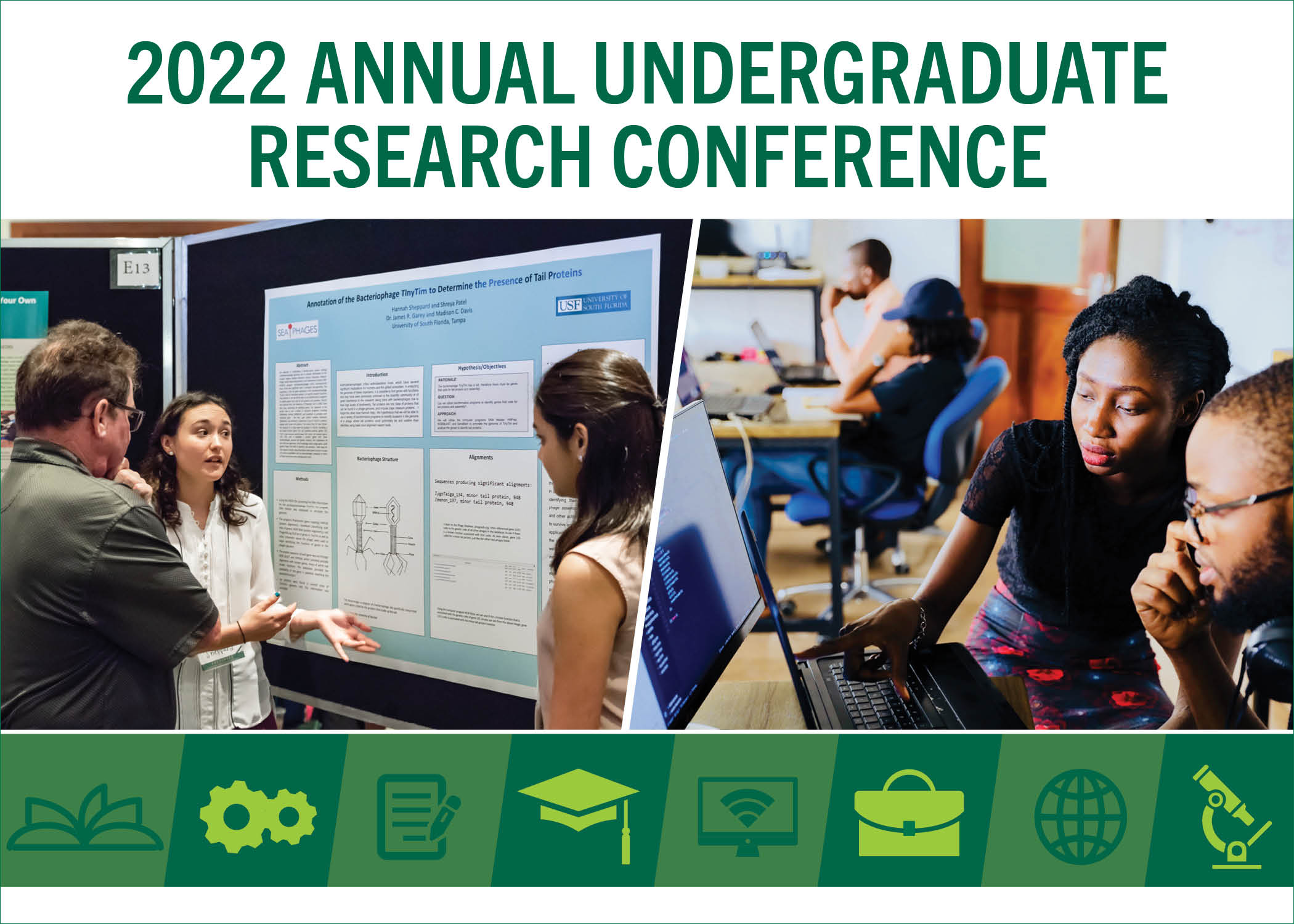The Confidence-Knowledge Disconnect in COVID-19 Death Estimates
Loading...
Please select your campus affiliation
Tampa
Mentor Information
Sandra L. Schneider
Description
High confidence does not always lead to accurate estimates. The Dunning-Kruger Effect describes a tendency for people to be confident in their abilities in various academic and social domains despite their lack of knowledge (Dunning, 2011). We studied this possible confidence-knowledge disconnect regarding the Covid-19 pandemic. We also looked to see whether the confidence-knowledge disconnect varies based upon cognitive and attentional differences. This study aims to highlight cognitive characteristics which may predict the size of the confidence-knowledge disconnect.
As part of a larger online survey, participants were asked to estimate the current number of Covid-19 deaths in the U.S. Participants were also asked how much Covid-19 news they watched, how informed their death estimate was, and how confident they were in their estimate. Then, participants completed a concentration task followed by the Decision Style Survey indicating their tendency to be intuitive versus analytic, and finally, reported news consumption behaviors.
We predicted that an analytical decision style, higher levels of concentration, and more Covid-19 news consumption would be associated with a smaller confidence-knowledge disconnect. Results show relatively weak improvements in the accuracy of Covid-19 estimates with greater confidence. We are continuing to explore whether concentration and analytic decision style are associated with smaller gaps between knowledge and accuracy.
These findings may help predict characteristics that are associated with misconceptions about Covid-19 death rates. If cognitive and attentional differences alter the confidence-knowledge disconnect, it may be useful to encourage stronger thinking skills to reduce inaccuracies in assessments of current events.
The Confidence-Knowledge Disconnect in COVID-19 Death Estimates
High confidence does not always lead to accurate estimates. The Dunning-Kruger Effect describes a tendency for people to be confident in their abilities in various academic and social domains despite their lack of knowledge (Dunning, 2011). We studied this possible confidence-knowledge disconnect regarding the Covid-19 pandemic. We also looked to see whether the confidence-knowledge disconnect varies based upon cognitive and attentional differences. This study aims to highlight cognitive characteristics which may predict the size of the confidence-knowledge disconnect.
As part of a larger online survey, participants were asked to estimate the current number of Covid-19 deaths in the U.S. Participants were also asked how much Covid-19 news they watched, how informed their death estimate was, and how confident they were in their estimate. Then, participants completed a concentration task followed by the Decision Style Survey indicating their tendency to be intuitive versus analytic, and finally, reported news consumption behaviors.
We predicted that an analytical decision style, higher levels of concentration, and more Covid-19 news consumption would be associated with a smaller confidence-knowledge disconnect. Results show relatively weak improvements in the accuracy of Covid-19 estimates with greater confidence. We are continuing to explore whether concentration and analytic decision style are associated with smaller gaps between knowledge and accuracy.
These findings may help predict characteristics that are associated with misconceptions about Covid-19 death rates. If cognitive and attentional differences alter the confidence-knowledge disconnect, it may be useful to encourage stronger thinking skills to reduce inaccuracies in assessments of current events.



Comments
Poster Presentation